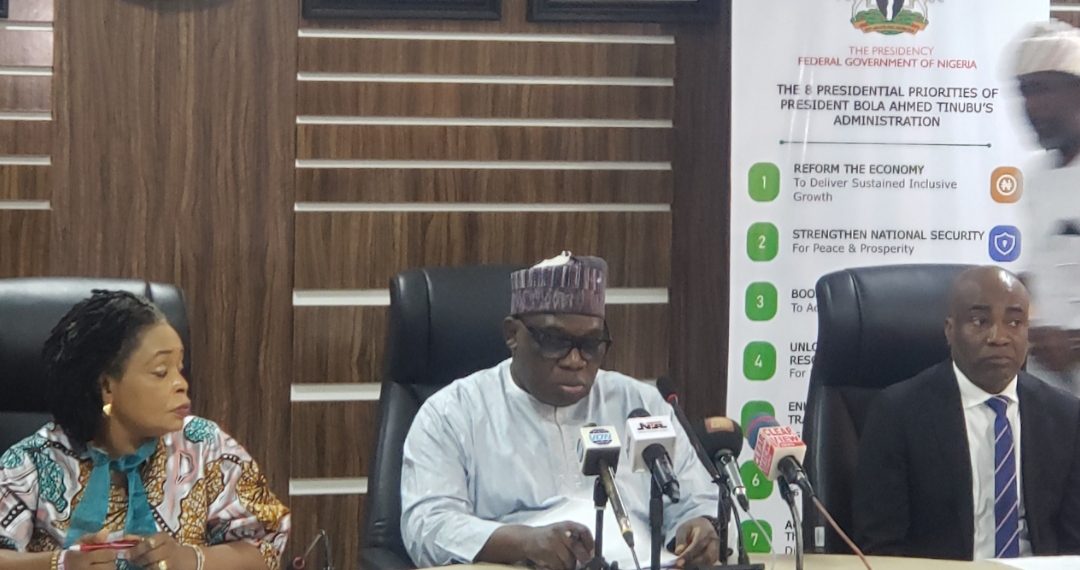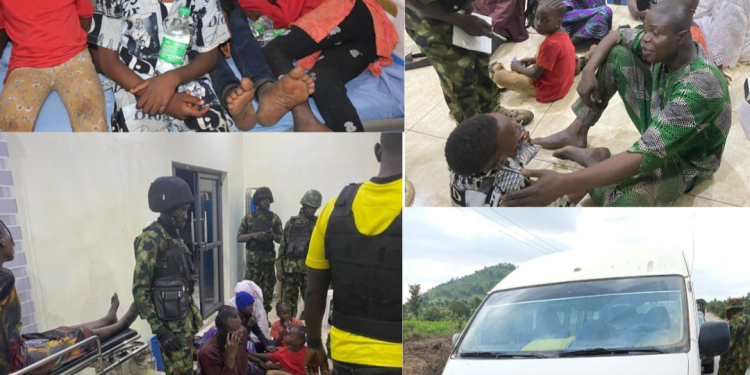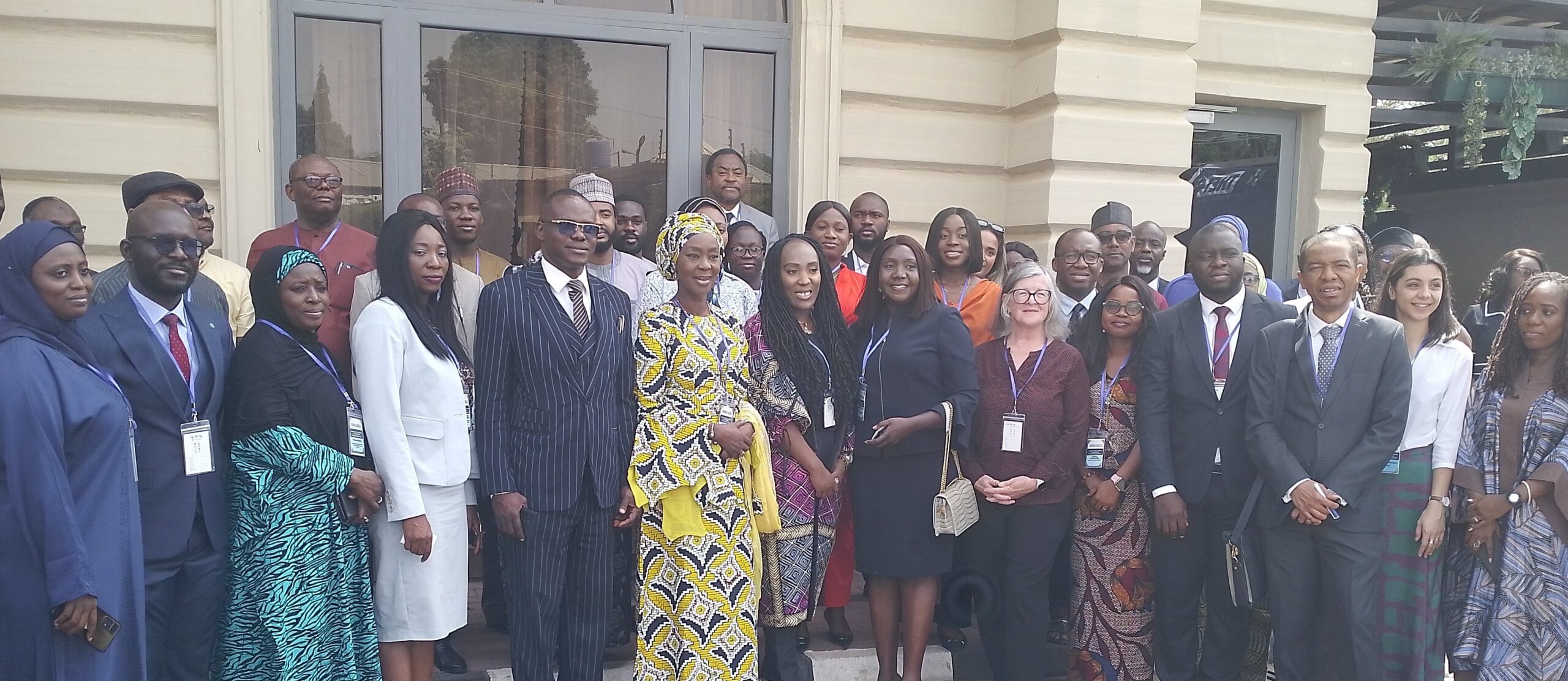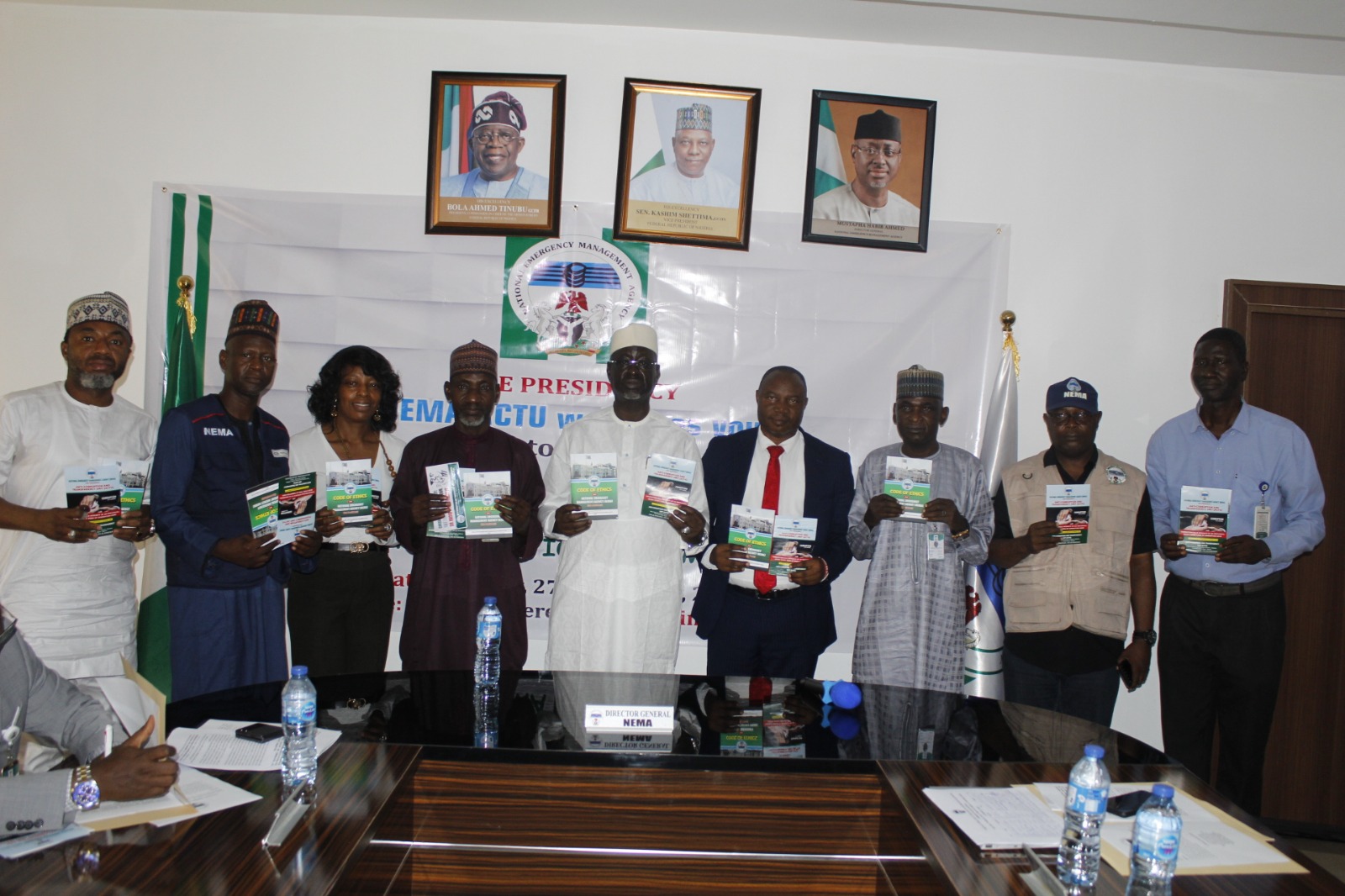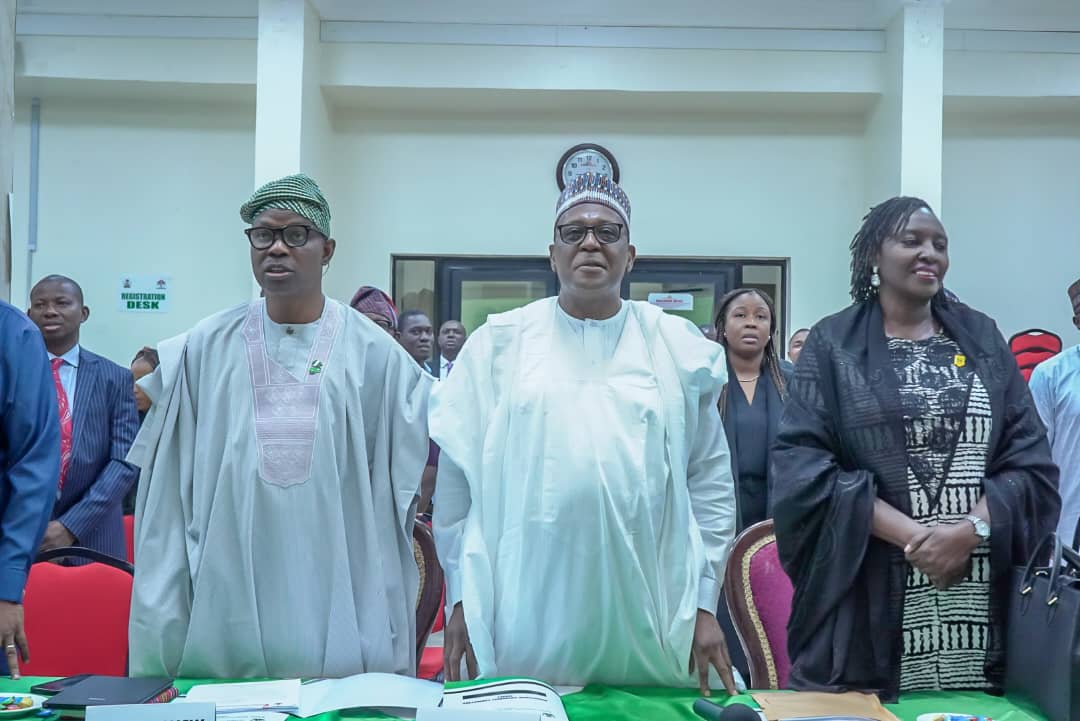
By Fatima Saka
The Federal Government has reaffirmed its commitment to delivering quality primary healthcare services nationwide through sustained investment in the Basic Healthcare Provision Fund (BHCPF), as the 11th Ministerial Oversight Committee (MOC) meeting convened in Abuja on Monday.
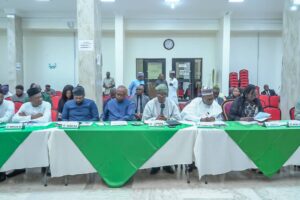
Addressing stakeholders at the meeting, the Coordinating Minister of Health and Social Welfare, Professor Muhammad Ali Pate, said more than 37 million health facilities visits have been supported through the BHCPF, marking a critical milestone in Nigeria’s journey toward Universal Health Coverage (UHC).

“This achievement reflects our collective efforts across federal, state, and local levels, civil society, development partners, and the private sector. It is part of President Bola Ahmed Tinubu’s Health Sector Renewal Investment Initiative and the broader Renewed Hope Agenda,” Pate stated.
He noted that recent fiscal reforms including the Presidential Executive Orders to unlock local healthcare manufacturing and the newly signed Tax Reform Bill are laying a sustainable financial foundation for the sector, reducing dependency on external aid.
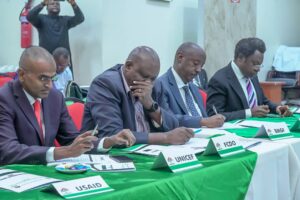
Pate also addressed urgent issues in tuberculosis control, citing a treatment gap for about 50,000 Nigerians who tested positive but are yet to commence care. He assured that the 2025 national budget includes specific provisions to bridge this gap, aided by improvements in diagnostic capacity that have earned Nigeria global recognition.
The Minister further confirmed that local governments are now fully integrated into the health compact, working closely with state ministries and the National Primary Health Care Development Agency (NPHCDA) to improve access at the grassroots level.
Also speaking, Minister of State for Health, Dr. Iziaq Adekunle Salako, emphasized the importance of the MOC governance mechanism in fostering collaboration across stakeholders and strengthening implementation across the BHCPF gateways.
“The involvement of civil society, coupled with improved alignment across agencies, is yielding visible impacts. The President’s directive to unlock the health sector value chain is being actualized,” Salako said.
Chair of the Health Commissioners Forum, Dr. Oyebanji Filani, disclosed that over ₦32 billion was disbursed in the first half of 2025 to support more than 8,000 primary healthcare facilities. He cited infrastructure upgrades, improved equipment, workforce training, and steady supply of essential commodities as direct outcomes.
“Citizens are seeing results—clinics are better equipped, health workers are more capable, and access to services is expanding. These efforts are translating into healthier and more productive communities,” Filani said.
Key Resolutions and Outcomes from the 11th MOC-BHCPF Meeting:
₦65.7 Billion in Fund Approvals:
The MOC approved ₦32.88 billion from Q1 2025 releases for BHCPF activities covering both Q1 and Q2.
Another ₦32.88 billion was approved for Q3 disbursements, expected by the end of August 2025 or upon release by relevant authorities.
Updated Implementation Guidelines:
The revised BHCPF Guidelines 2.0, provisionally approved at the 10th MOC, received full endorsement and will be disseminated before Q3 2025 ends.
Launch of Mini-DHIS for Real-Time Monitoring:
Rollout of the Mini District Health Information System (Mini-DHIS) begins in July 2025 to enhance data visibility and decision-making at the PHC level.
Leadership Strengthening:
Dr. Ogbe Oritseweyimi was announced as the new Secretary of the BHCPF MOC Secretariat. A former national lead at NPHCDA, his appointment is expected to boost coordination and governance.
READ ALSO: I WANT TO BE HONOURED IN THE PRESENCE OF MY Husband — Rep. Regina Akume
NGO advocatesr easy access of survivors to quality care
Sector Visibility and Communication:
The MOC resolved to enhance media engagement and strategic communication to showcase reforms, success stories, and milestones across the primary healthcare landscape.
As the meeting concluded, stakeholders reaffirmed their shared commitment to deepen reforms, scale implementation, and mobilize private sector investment to strengthen Nigeria’s primary healthcare system for all.

